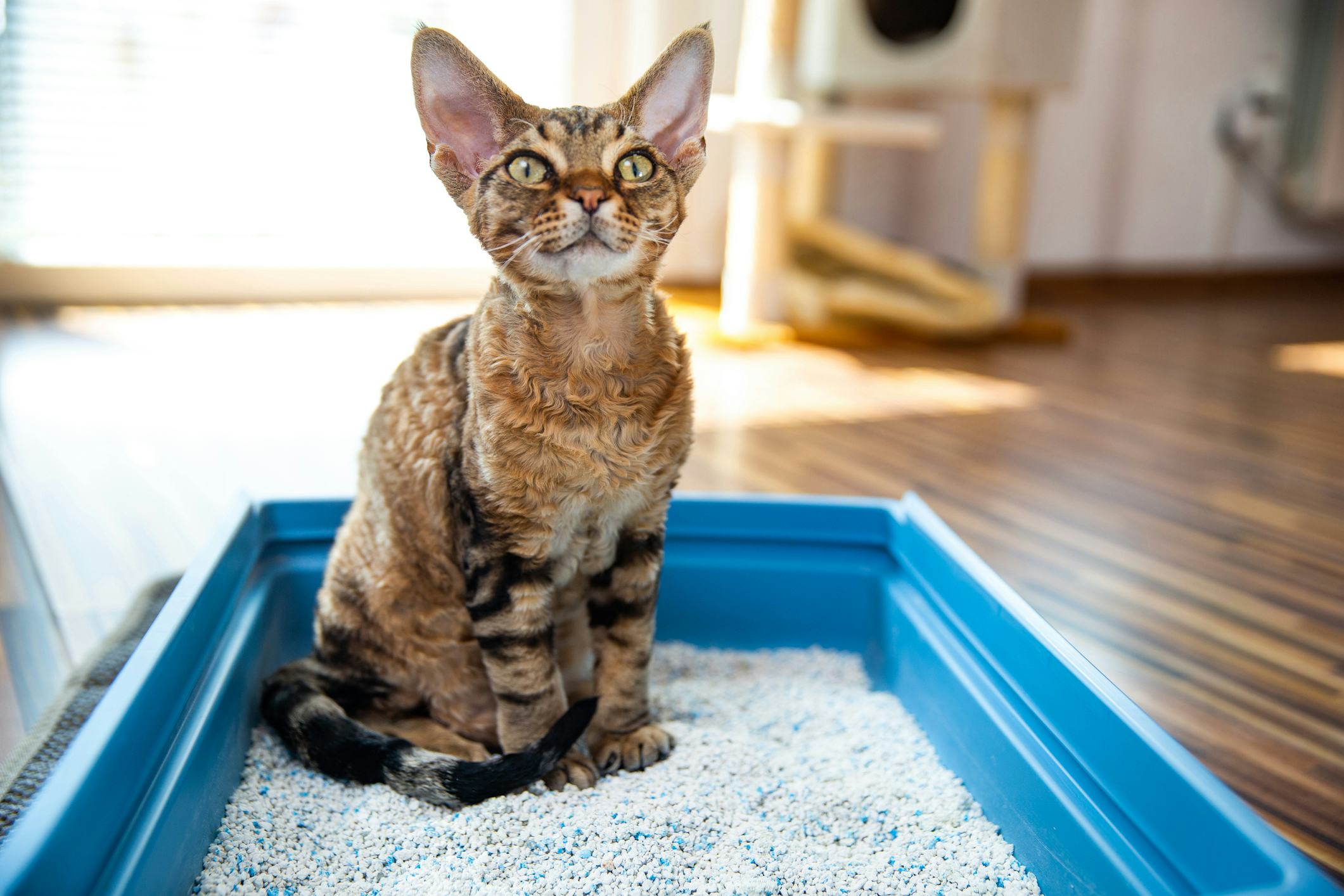We've come across this great article on How to Dispose of Cat Poop and Litter Without Plastic Bags directly below on the web and believe it made perfect sense to relate it with you on this site.
Intro
As cat owners, it's important to bear in mind exactly how we deal with our feline friends' waste. While it might seem convenient to flush feline poop down the bathroom, this method can have damaging effects for both the environment and human health and wellness.
Alternatives to Flushing
Fortunately, there are more secure and a lot more accountable methods to dispose of cat poop. Consider the complying with options:
1. Scoop and Dispose in Trash
One of the most typical technique of getting rid of cat poop is to scoop it right into a naturally degradable bag and throw it in the trash. Be sure to utilize a devoted trash inside story and dispose of the waste immediately.
2. Usage Biodegradable Litter
Select biodegradable cat litter made from products such as corn or wheat. These trashes are environmentally friendly and can be securely thrown away in the garbage.
3. Bury in the Yard
If you have a lawn, think about burying feline waste in a marked location away from vegetable gardens and water sources. Make certain to dig deep enough to stop contamination of groundwater.
4. Set Up a Pet Waste Disposal System
Invest in a pet garbage disposal system particularly designed for pet cat waste. These systems utilize enzymes to break down the waste, minimizing smell and ecological effect.
Wellness Risks
Along with ecological worries, flushing feline waste can likewise position health threats to humans. Pet cat feces may contain Toxoplasma gondii, a parasite that can trigger toxoplasmosis-- a potentially serious health problem, particularly for pregnant ladies and people with damaged body immune systems.
Ecological Impact
Purging feline poop presents damaging microorganisms and bloodsuckers right into the water system, positioning a considerable risk to aquatic environments. These pollutants can adversely affect marine life and concession water quality.
Final thought
Accountable pet dog ownership extends past giving food and sanctuary-- it likewise entails correct waste administration. By refraining from purging feline poop down the commode and choosing alternative disposal methods, we can minimize our environmental impact and secure human wellness.
Why Can’t I Flush Cat Poop?
It Spreads a Parasite
Cats are frequently infected with a parasite called toxoplasma gondii. The parasite causes an infection called toxoplasmosis. It is usually harmless to cats. The parasite only uses cat poop as a host for its eggs. Otherwise, the cat’s immune system usually keeps the infection at low enough levels to maintain its own health. But it does not stop the develop of eggs. These eggs are tiny and surprisingly tough. They may survive for a year before they begin to grow. But that’s the problem.
Our wastewater system is not designed to deal with toxoplasmosis eggs. Instead, most eggs will flush from your toilet into sewers and wastewater management plants. After the sewage is treated for many other harmful things in it, it is typically released into local rivers, lakes, or oceans. Here, the toxoplasmosis eggs can find new hosts, including starfish, crabs, otters, and many other wildlife. For many, this is a significant risk to their health. Toxoplasmosis can also end up infecting water sources that are important for agriculture, which means our deer, pigs, and sheep can get infected too.
Is There Risk to Humans?
There can be a risk to human life from flushing cat poop down the toilet. If you do so, the parasites from your cat’s poop can end up in shellfish, game animals, or livestock. If this meat is then served raw or undercooked, the people who eat it can get sick.
In fact, according to the CDC, 40 million people in the United States are infected with toxoplasma gondii. They get it from exposure to infected seafood, or from some kind of cat poop contamination, like drinking from a stream that is contaminated or touching anything that has come into contact with cat poop. That includes just cleaning a cat litter box.
Most people who get infected with these parasites will not develop any symptoms. However, for pregnant women or for those with compromised immune systems, the parasite can cause severe health problems.
How to Handle Cat Poop
The best way to handle cat poop is actually to clean the box more often. The eggs that the parasite sheds will not become active until one to five days after the cat poops. That means that if you clean daily, you’re much less likely to come into direct contact with infectious eggs.
That said, always dispose of cat poop in the garbage and not down the toilet. Wash your hands before and after you clean the litter box, and bring the bag of poop right outside to your garbage bins.
https://trenchlesssolutionsusa.com/why-cant-i-flush-cat-poop/

I stumbled upon that content about Can You Flush Cat Poop Down The Toilet? when doing a search on the web. Sharing is caring. You just don't know, you may just be doing someone a favor. Many thanks for taking the time to read it.
Further Details